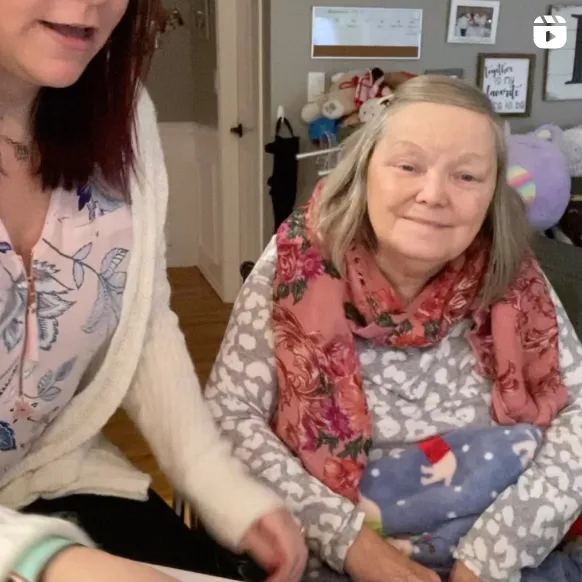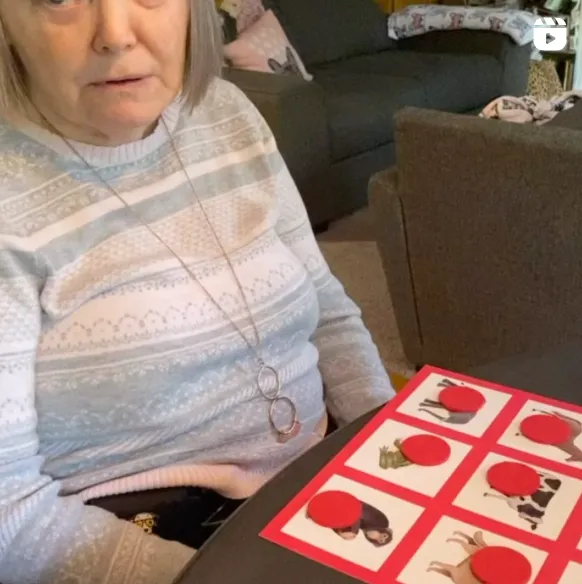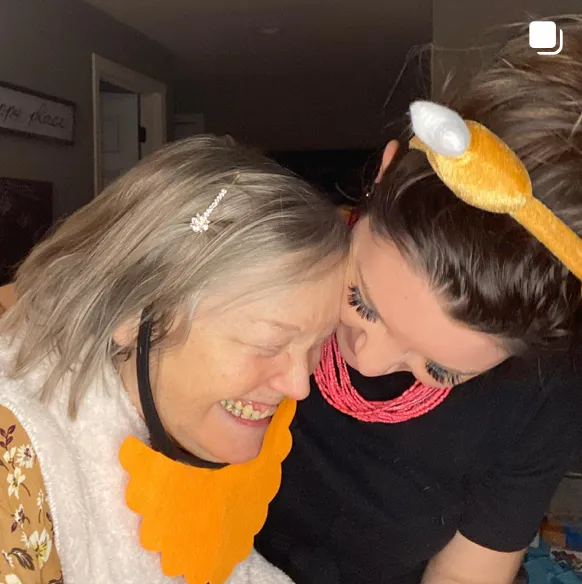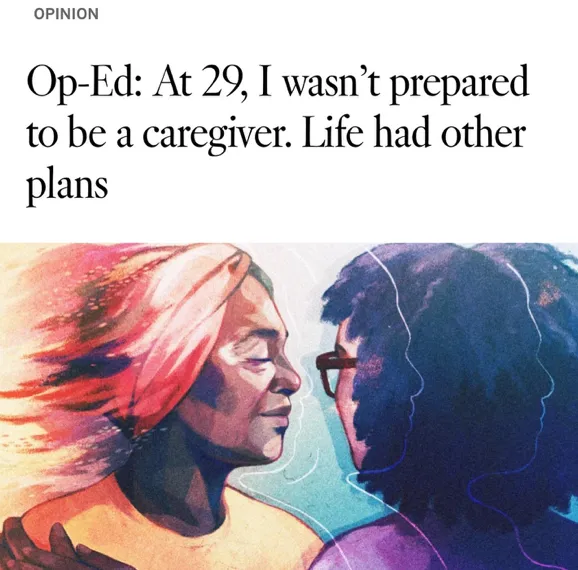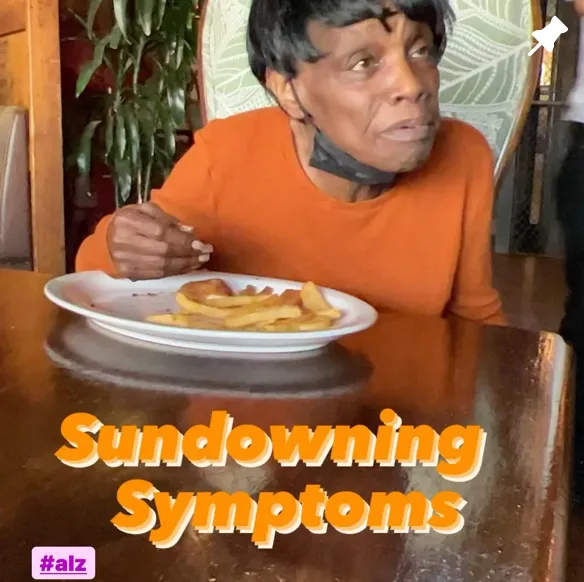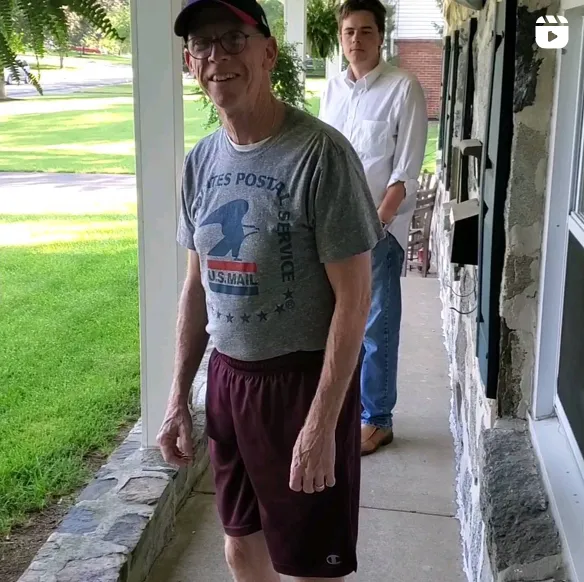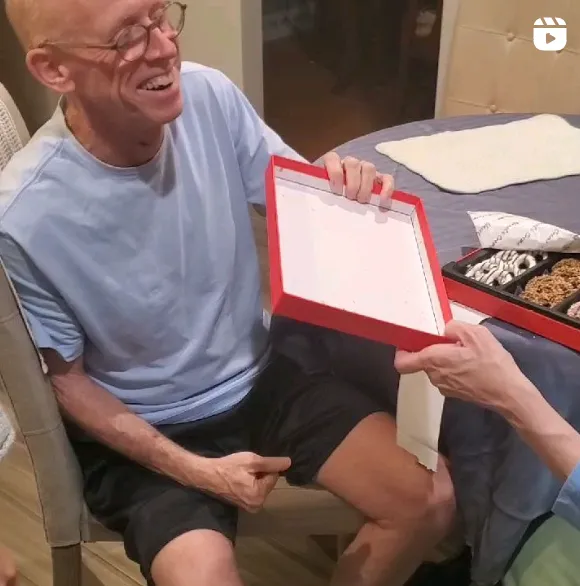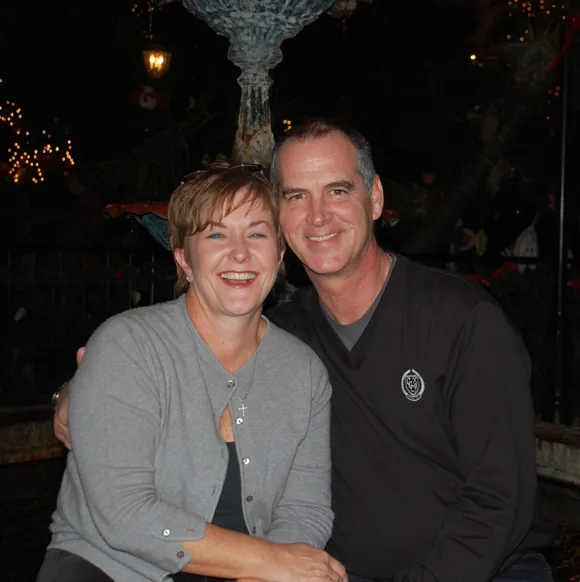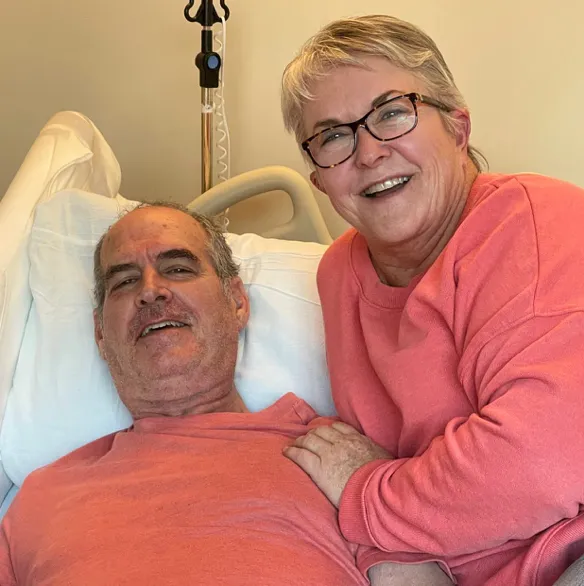Calum and Jonathan are brothers, both of them young adults living in the United Kingdom. When they talk, they often discuss Star Wars or the latest Marvel movie. What they don’t usually discuss is Fabry disease, a rare condition that can cause severe pain in the hands and feet, decreased or absent sweat production, dark spots on the skin (angiokeratomas), cloudiness or streaks toward the front of the eye and problems with the heart and kidneys.
After their mother was diagnosed with Fabry when Jonathan was a teenager and Calum was at university, they were both tested and diagnosed. Now, seven years later, they reflect on their experiences as young people grappling with a rare disease diagnosis.
Calum, 26: I was at university when I got diagnosed. I remember getting the phone call and talking to the genetic counselor. I was like, "Okay." Before I'd been told, I was like, you know what? If it happens, it happens. If it doesn't, it doesn't. If I've got it, I've always had it. Nothing's changing. I just know I've got it, which is a good thing, if anything, because it means I can get treatment.
And when I got told, I was like, “Okay, okay, that's fine,” and hung up. Then I did get so upset for a couple hours. I sat by myself and then I just got on with it. I don't know. I think I went out that night. I don't think I ever got that upset about it ever again, really, which I don't think is a good thing, because I think you should get upset about big things like that.
Jonathan, 22: When I first got told, I had just turned 15. I was just going into my end of school exams. At the time, I didn't think anything of it. I didn't know pretty much anything about Fabry disease and what it entailed and stuff.
When they told me, I was like, okay, but then something really weird happened. A nurse came in and spoke to me, as a one-on-one consultation thing. They gave me really alarming information, saying, "Oh, how'd you feel about having just eight or so years left?" I was like, "What? What? Where's all this coming from?" I was just really confused and it just put me in a really weird mind state. I didn't speak to my parents or anything rather about it, because I thought they already knew. I also didn't want to speak about it with them because I thought it'd make them upset.
It wasn't until years later I realized that none of that's really true, but during the next couple of months and the year or two after I got diagnosed, I was in the mindset of nothing really matters if I've got this clock on my life.
It was really tough, because I wanted to do all this different stuff, but at the same time, I was just like, what's the point? Then I realized when I did my own actual research into it, that the person who was speaking to me didn't have any clue what they were talking about.
Calum: Especially when it came to Jonathan, the system failed him completely. You were so much younger than I was when you got diagnosed, Jonathan. I think it was just ridiculous, the lack of support. But I didn't get a ton of support from medical care providers either. I was lucky enough to get some counseling sessions through my university. They were hard to get into but definitely helped.
I think as far as medical support goes, I think physicians in the rare disease community, they're amazing. They've committed their lives to solving our conditions, so I can never have anything but thanks for them. Every day, they're working toward helping people like myself, like Jonathan, like our mom. Still, I do wish mental health were more integrated into physical care for rare diseases.
Jonathan: I really wish there was support for young adults/older teenagers. When we got diagnosed, we were too old to be put in the children's care and so we got put straight into the adult care system, which I feel like does not have as robust support as the kind available to kids.
One thing that’s been good since I got diagnosed: Before I got diagnosed, I just thought I was being a big cry baby, crying over these growing pains. The fact that I know that the pains aren't just me being a "wimp" helped me a lot.
Calum: For me, my symptoms definitely have gotten a little bit worse, but on the flip side, I can manage them a lot better. I have a better sense of what the triggers are. I'd say it's more just understanding more about your condition is definitely a good thing.
Jonathan: Socially, I think both Calum and I don't tend to tell people about Fabry really, unless let's say I'm out with friends or something and I can't do a certain activity that they're doing and that's all. They're asking all these questions, "Why can't you do this? Come on, go and do it." That's the point where I tell them and to say, "I've got this disease called Fabry. It affects me in this and that way and this is the reason."
But I’m lucky, my friends are actually really amazing. The fact that they always reply, "Okay, let's do something else that you can do."
Calum: Even amongst ourselves, though, we don’t actually talk that much about it with each other. We tend to talk more about, say, Star Wars.
Jonathan: Yes. I'd say, because we've experienced it for all our lives now. It's just normal really. But in a weird way, it is good to know that Calum's also got it. I obviously wish that he didn't have it, but it's comforting to know that he knows what I'm going through and vice versa.
Calum: We do both talk about it with our mom sometimes. Sometimes I worry, though, that if I talk about it she’ll feel guilty that we have it. And that’s not right, it’s not her fault. She’s the best mom in the whole world.
Maybe we should talk about it more, Jonathan. There's not many people in the world with it, with the condition. I think maybe we should talk about it a bit more.
The need for support mentally never ends. Okay, your capacity to understand what's going on might change, but your need for someone to talk to never ever changes, no matter how old you are, when you get diagnosed.






































